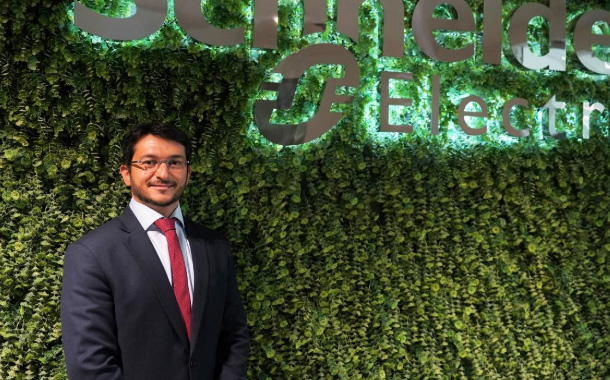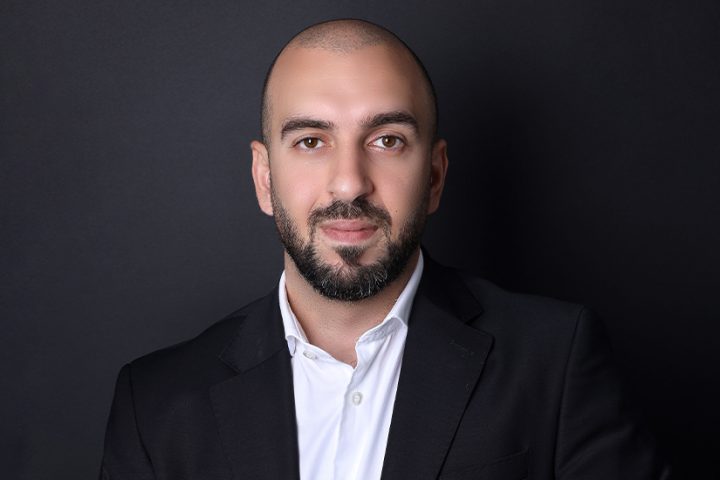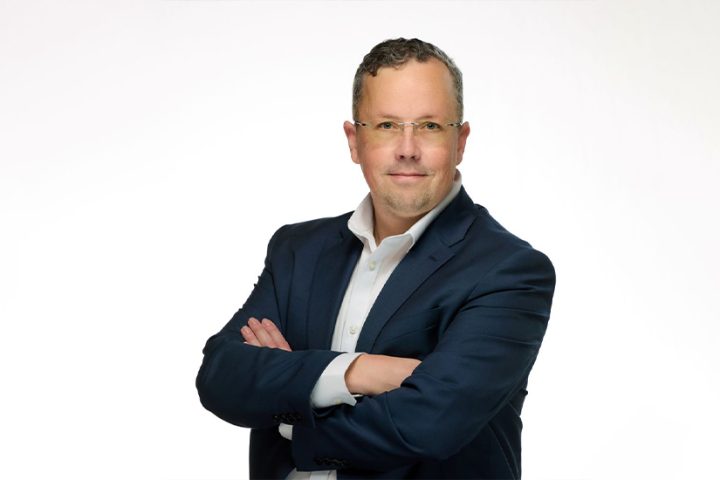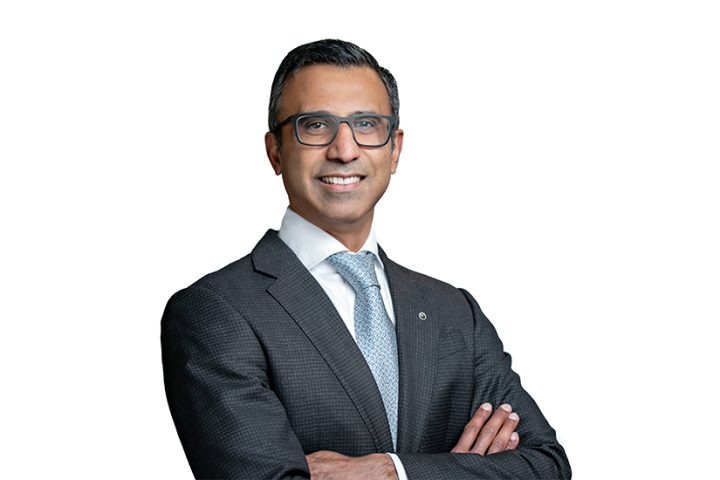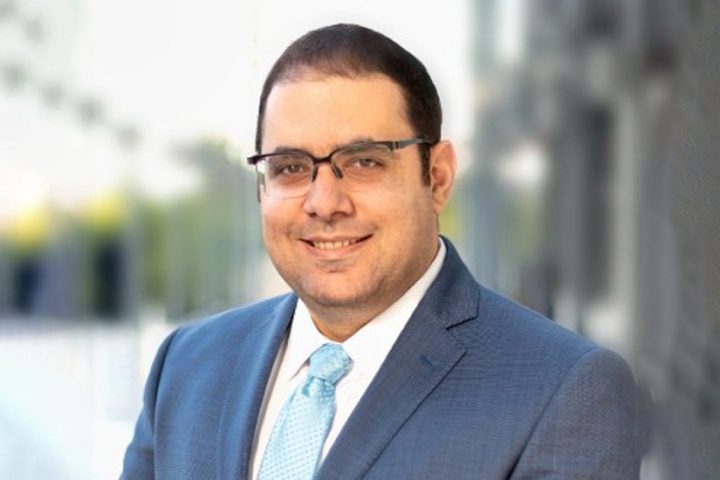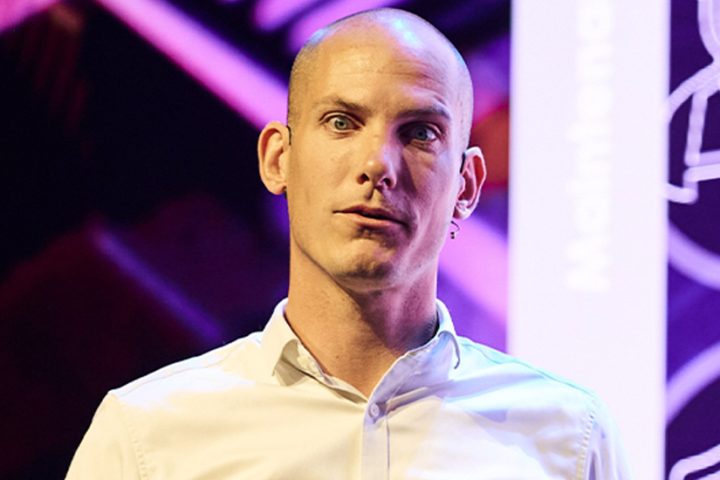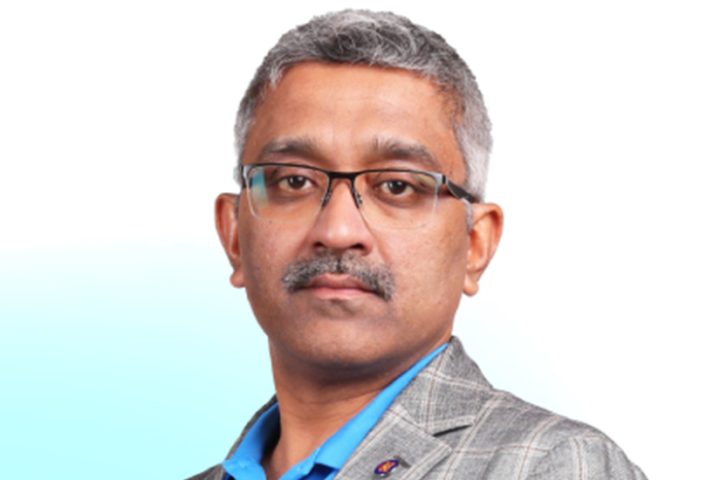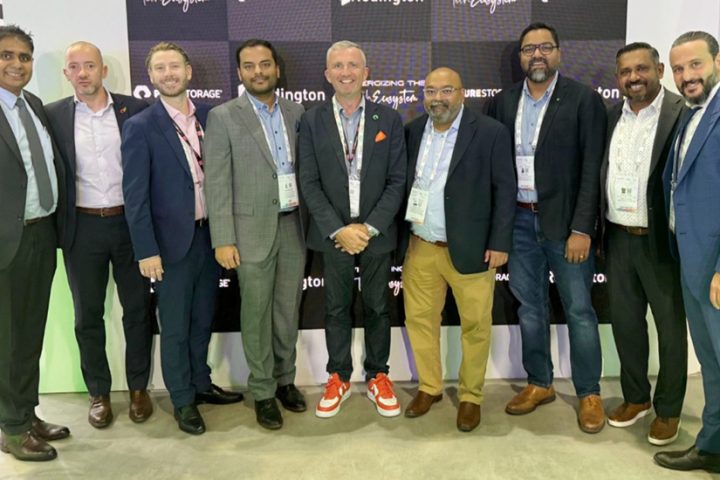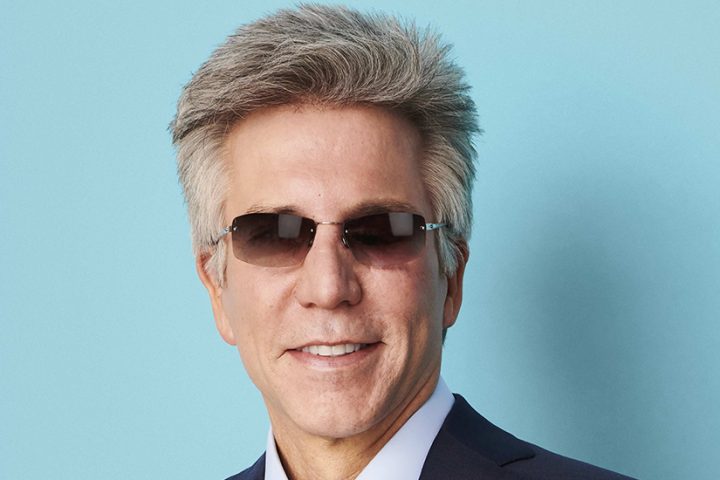Ahead of the Arab Future Cities Summit Dubai, Schneider Electric said that the Middle East and North Africa, and especially the GCC, are spearheading the USD 2.6 billion global Smart Cities market.
As mega-trends such as connectivity, mobility, social media, and new digital business models transform the world, city governments across the region are harnessing the power of the Internet of Things to drive innovation, meet citizen needs, and enhance energy and infrastructure development.
Worldwide, the Smart Cities market is set to reach USD 2.6 trillion by 2025, according to a recent report by Grand View Research. Cities are the nexus for the Internet of Things, with global connected things set to nearly double from 11 billion in 2018 to 20 billion by 2020, according to Gartner.
“The Middle East and North Africa, especially with initiatives across the GCC, are spearheading global Smart Cities innovations to drive economic competitiveness, and enable safe, convenient, and prosperous communities,” said Caspar Herzberg, President of Schneider Electric Middle East and Africa, ahead of the keynote “Future-Proof Smart Cities and Powering the Digital Economy”.
Herzberg is a thought leader on Smart Cities and author of the book “Smart Cities, Digital Nations”
During the keynote, Schneider Electric will exchange best practices in how governments leverage the Schneider Electric EcoStruxure architecture to optimize Smart Cities.
“The key to building a Smart City goes beyond its technical aspects. Rather, it is essential to foster a sense of collaboration among stakeholders, moving beyond traditional organizational siloes and working towards a common purpose,” added Caspar Herzberg, “A collaborative approach in tackling today’s urban issues – energy, mobility, sustainability, and wellbeing – is of paramount importance to Schneider Electric, and we look forward to leveraging it as we work together to build the cities of tomorrow.”
Schneider Electric argues that cities cannot merely use technology for technology’s sake. Bringing together sensors, hardware, and cloud-based software can bridge city silos for new insights.
“Integrating IT and OT is vital for the region’s Smart Cities to do more with less,” added Marwan Zeidan, Smart Cities Expert at Schneider Electric. “Smart Cities should optimize existing operational layers, integrate with edge control for distributed intelligence, and use apps, analytics, and services to manage public services in real-time.”

